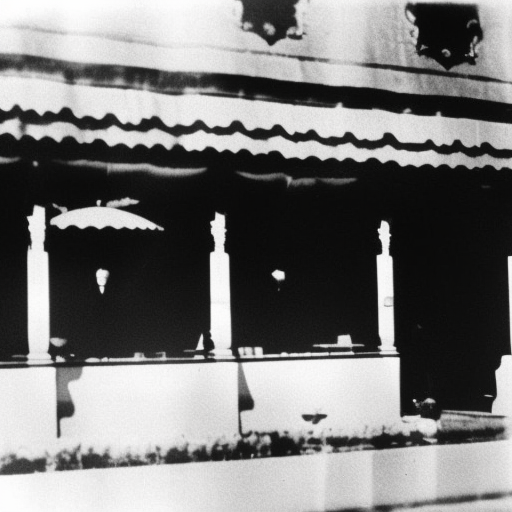The Balkans Theatre: A Summary
The Balkans Theatre refers to a series of conflicts and political tensions that took place in the Balkan region of southeastern Europe during the late 20th century. This period was marked by a series of wars, ethnic conflicts, and political upheavals that had a profound impact on the region and its people.
Background
The Balkans have a long history of ethnic and religious diversity, which has often been a source of tension and conflict. The region has been a crossroads between different civilizations, including the Ottoman Empire, the Austro-Hungarian Empire, and various Slavic and Balkan states. These historical factors, combined with political and economic grievances, laid the groundwork for the conflicts that erupted in the late 20th century.
The Breakup of Yugoslavia
The breakup of Yugoslavia in the early 1990s was a major catalyst for the Balkans Theatre. As the communist regime in Yugoslavia collapsed, ethnic tensions resurfaced, leading to the declaration of independence by several republics within the federation. This triggered a series of wars, including the Croatian War of Independence (1991-1995) and the Bosnian War (1992-1995).
The Croatian War of Independence
The Croatian War of Independence was fought between the newly independent Republic of Croatia and the Yugoslav People’s Army, supported by ethnic Serbs who opposed Croatian independence. The conflict resulted in widespread violence, including ethnic cleansing and war crimes. It ended with a ceasefire in 1995 and the establishment of the internationally recognized Republic of Croatia.
The Bosnian War
The Bosnian War was the most devastating conflict of the Balkans Theatre. It was fought between Bosnian Serb, Croat, and Bosniak (Bosnian Muslim) forces. The war witnessed numerous atrocities, including the Srebrenica massacre, where thousands of Bosniak men and boys were systematically killed. The war ended with the signing of the Dayton Agreement in 1995, which established the complex political structure that still governs Bosnia and Herzegovina today.
The Kosovo War
The Kosovo War (1998-1999) was another significant conflict in the Balkans Theatre. It was fought between the forces of the Federal Republic of Yugoslavia (comprised of Serbia and Montenegro) and the ethnic Albanian Kosovo Liberation Army (KLA). The conflict resulted in a NATO intervention, which led to the withdrawal of Yugoslav forces from Kosovo and the establishment of a UN administration in the region.
Aftermath and Legacy
The conflicts of the Balkans Theatre had a profound impact on the region. They resulted in the deaths of thousands of people, the displacement of millions, and the destruction of infrastructure and cultural heritage. The wars also exposed deep-seated ethnic and religious divisions, which continue to shape the political landscape of the Balkans.
The international community played a significant role in resolving the conflicts. The United Nations, NATO, and the European Union were all involved in diplomatic efforts and military interventions aimed at ending the violence and promoting reconciliation. However, the process of post-war reconstruction and reconciliation has been slow and challenging.
Today, the Balkans Theatre serves as a reminder of the complex and fragile nature of peace in the region. While progress has been made in terms of stability and economic development, many challenges remain. Issues such as unresolved border disputes, corruption, and the rise of nationalist sentiments continue to pose threats to the long-term peace and stability of the Balkans.
In conclusion, the Balkans Theatre was a period of intense conflict and political upheaval in the late 20th century. The breakup of Yugoslavia and the subsequent wars in Croatia, Bosnia, and Kosovo resulted in widespread violence and human suffering. The legacy of these conflicts continues to shape the region today, as the Balkans strive to overcome their troubled past and build a more peaceful and prosperous future.












